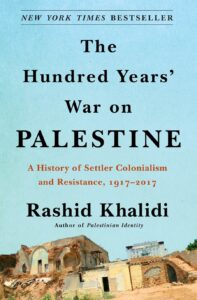 Every teacher hoping to teach about the Israeli-Palestinian conflict should first read Rashid Khalidi’s essential The Hundred Years’ War on Palestine. Khalidi, the Edward Said Professor of Modern Arab Studies at Columbia University, outlines what he sees as the six separate-but-connected wars waged on Palestine between World War I up until shortly before the catastrophe unfolding today. It is scholarly, yet personal, as Khalidi was an eyewitness to a number of these wars.
Every teacher hoping to teach about the Israeli-Palestinian conflict should first read Rashid Khalidi’s essential The Hundred Years’ War on Palestine. Khalidi, the Edward Said Professor of Modern Arab Studies at Columbia University, outlines what he sees as the six separate-but-connected wars waged on Palestine between World War I up until shortly before the catastrophe unfolding today. It is scholarly, yet personal, as Khalidi was an eyewitness to a number of these wars.
The book begins with Khalidi’s great-great-great-uncle, the Palestinian scholar and Ottoman official Yusuf Diya al-Din Pasha al-Khalidi, who wrote to Theodor Herzl, Zionism’s founding father, in 1899, stressing that Palestine was not an empty land awaiting Zionist settlement: “It is inhabited by others.” He concluded, “In the name of God, let Palestine be left alone.” As Khalidi demonstrates, the heart of today’s conflicts can be traced back to the original Zionist aspiration of “transforming most of an overwhelmingly Arab country into a predominantly Jewish state.”
The book’s thesis is that “the modern history of Palestine can best be understood in these terms: as a colonial war waged against the indigenous population, by a variety of parties, to force them to relinquish their homeland to another people against their will.” Khalidi clearly and compellingly brings this story to life. [Description by Rethinking Schools.]

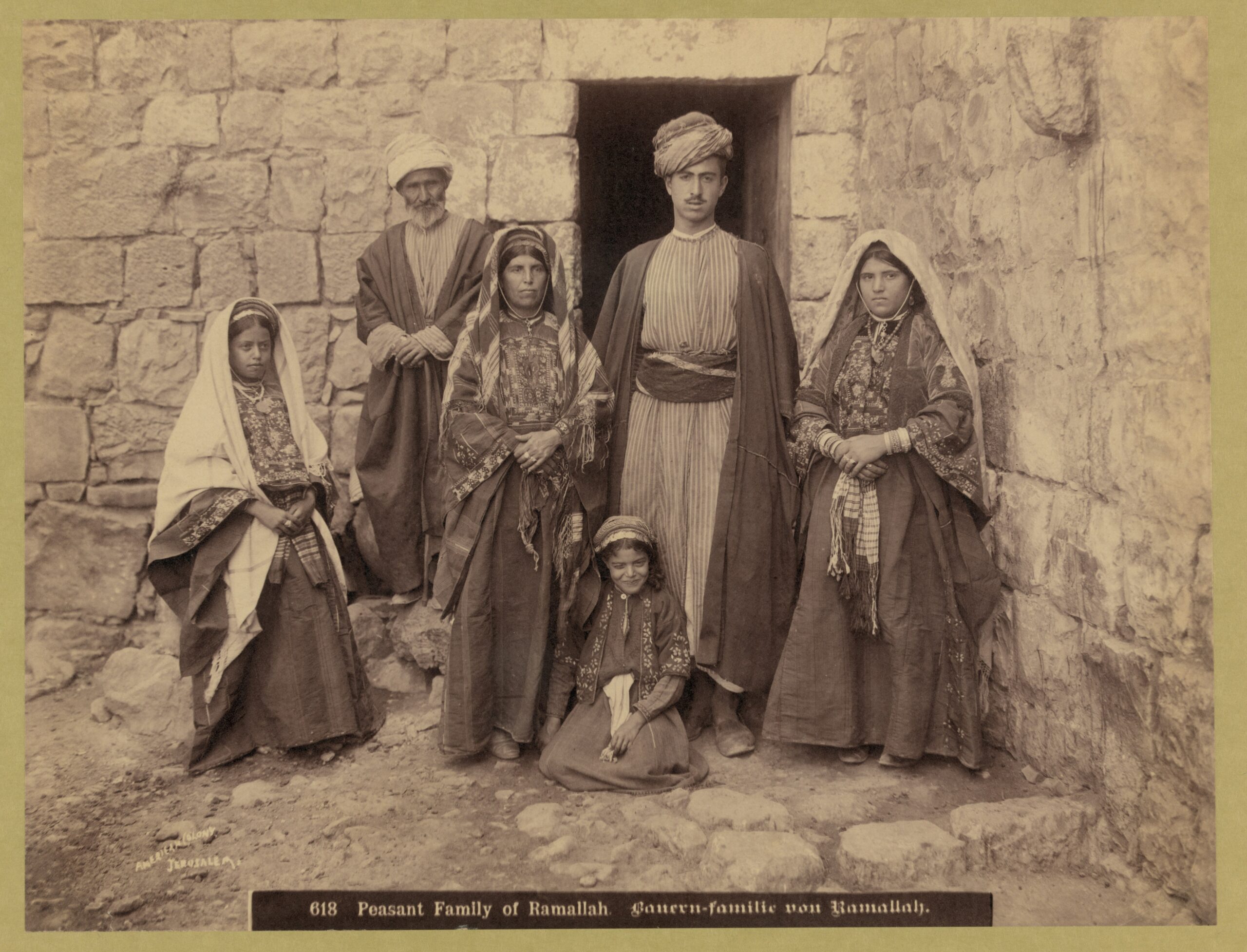
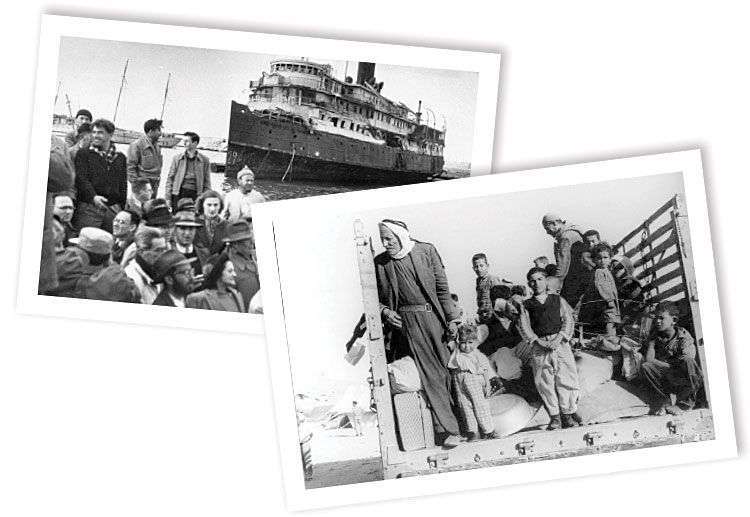

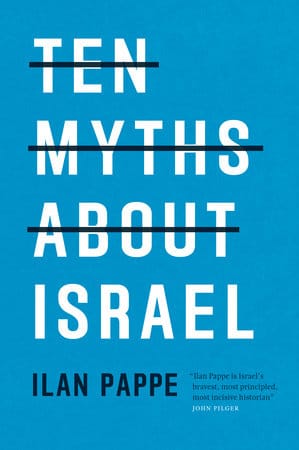

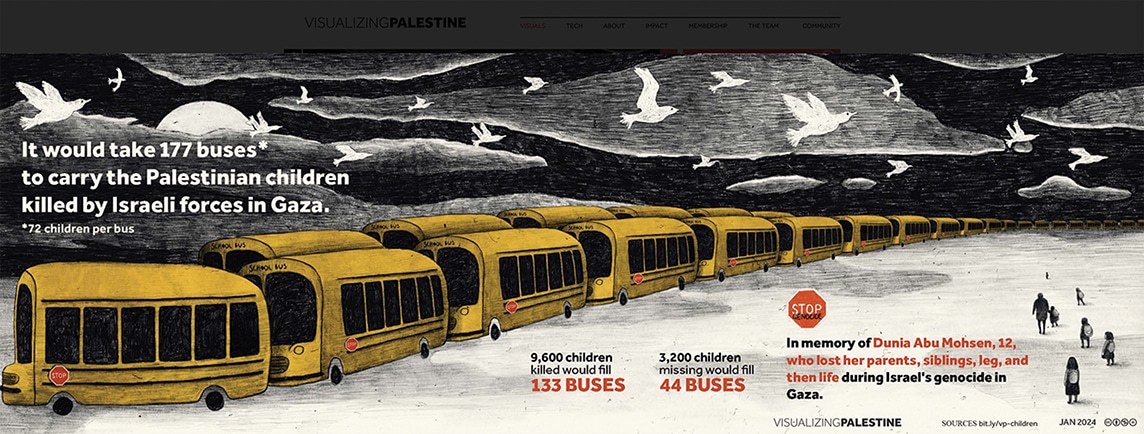
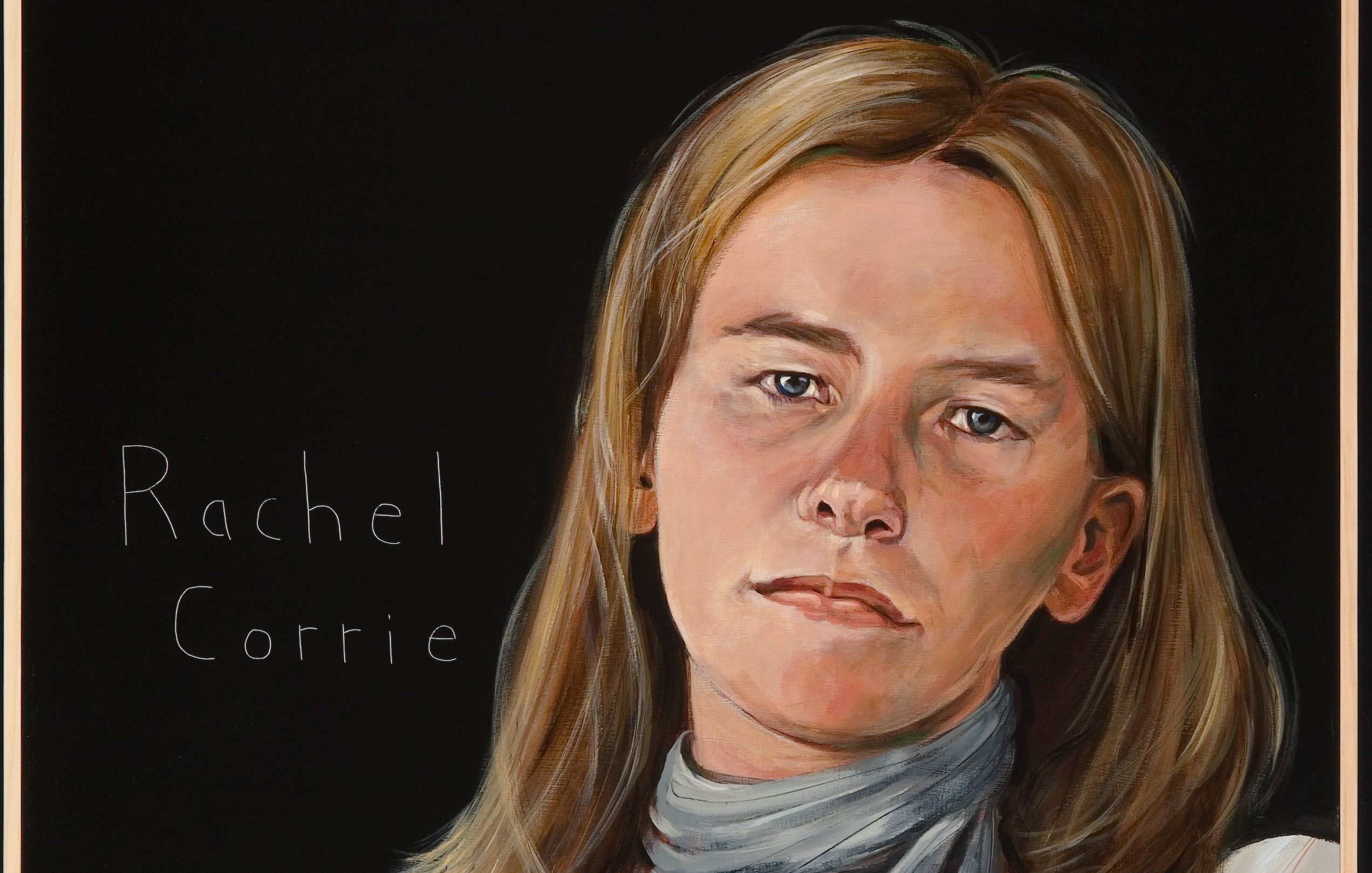






Twitter
Google plus
LinkedIn